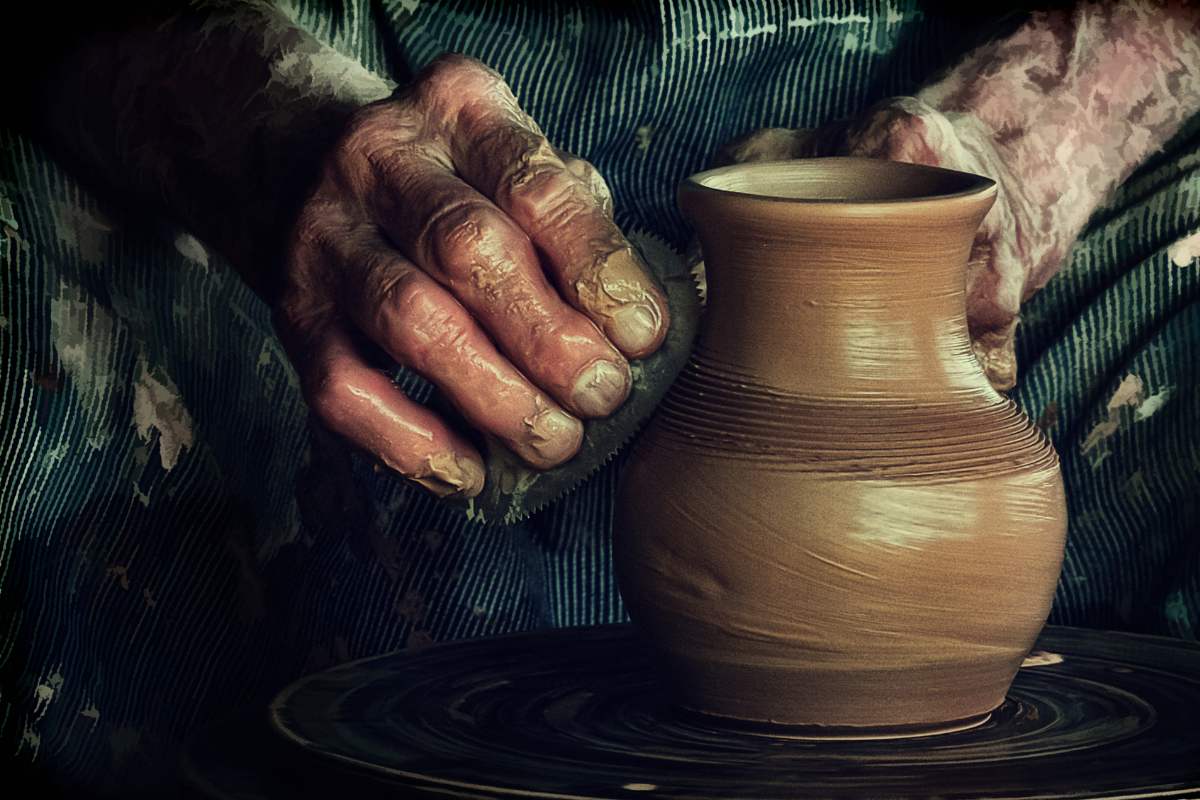
Jeremiah 18:1–8 ‘But the pot he was shaping from the clay was marred in his hands; so the potter formed it into another pot, shaping it as seemed best to him.’ (v4)
Patience is described as the ability to wait, tolerate delay, face problems or suffering, to continue living despite difficulties, without complaining, becoming annoyed or anxious. As we read the story of the Israelites, we see that in exile they experience slavery and suffer from a high degree of impatience. Whilst ultimately redeemed from the misery of Egypt, their redemption took time.
This period proved disconcerting, raising obvious questions over the ability of God and the wisdom of Moses. Yet, exile and slavery acted as the furnace within which patience and understanding were crafted. These in turn laid the firm foundations of faith on which they were eventually required to call on in their walk from wilderness to promise. God’s work is always one of patience. We live dependent on His restraint and persistence because of our inability to live sinless lives.
He desires every disciple to grow up into maturity in Christ (Eph. 4:13). In surrendering to God we deliberately invite the Holy Spirit to start the work of making us pure and holy (Matt. 5:48). Our ‘yes’ then permits God, the master potter, to form the perfect vessel in which to carry God’s grace and serve a wounded world (vv1–6). Whilst we are always safe in God’s hands, His process will often unsettle us. God wants nothing less than His best revealed in us. It takes trust to cooperate when we feel lost.
Scripture to consider: Isa. 45:8–13; 64:5–12; 2 Cor. 4:7–18; Eph. 2:1–9.
An action to take: Are you confused about what God is doing with your life? Judy Moore’s latest book might help you process your thoughts with God.
A prayer to make: ‘Lord, I choose to trust You as You enable me to mature as a Christian. Amen.’
Photo by Donnie Nunley on Flickr









